Did your personal injury case go to trial and not turn out as you had hoped? While most personal injury cases settle outside of the courtroom, some go all the way to trial. Sometimes, the jury or judge does not return with a verdict favorable to the plaintiff. The verdict may deny the validity of the plaintiff’s claim. The verdict may rule someone in favor of the defendant but fall short on awarding the amount of damages expected to act as full and fair compensation for the plaintiff’s injuries and other losses suffered. If this happened in your case, you may want to consider filing an appeal.
Can You Appeal Your Personal Injury Case Decision?
An appeal is a legal process allowing a court to overturn a previously held court decision. At your initial trial, both attorneys had the opportunity to present their case. The burden on the plaintiff is to prove by a preponderance of the evidence that the plaintiff is liable for the injuries you have suffered and the injuries you have suffered entitle to you to a certain amount of damages. Damages are compensation for the harm you have suffered.
The judge or jury will be tasked with determining the outcome of your case. Should you lose your personal injury case, or fall very short in the damage award, you can appeal this decision. Please note, however, that the defendant has the right to appeal as well. You must be prepared to assert a valid basis for your appeal. It will not be enough to simply claim that the judge or jury erred in the verdict reached. You must be able to provide a specific reason for your appeal. Perhaps the jury disregarded jury instructions. Alternatively, the court may have prevented the jury from considering certain pieces of evidence that should have been permissible. Maybe you had a key expert witness that the court did not allow to testify. Conversely, perhaps there was evidence presented or expert witness testimony given at trial that should not have been permissible. All of these could be grounds for an appeal.
As appeals in a civil case, such as a personal injury action, are not automatic, the court must first agree to hear your appeal. You must be able to identify an appealable legal issue to present to the appellate court. If you raised an objection to a judge’s legal decision at trial, it will most likely be preserved as a basis for appeal later on. Objecting at the time the legal issue arises can be crucial to bringing an appeal later on. You must then comply with strict post-trial procedures. Without this, an appellate may deem the issue to have been waived at trial and, therefore, not appealable.
Contact Our Expert Los Angeles Personal Injury Attorneys Today!
Do you have more questions about the personal injury process? The knowledgeable personal injury team at Compass Law Group is here to help. Contact us today.


